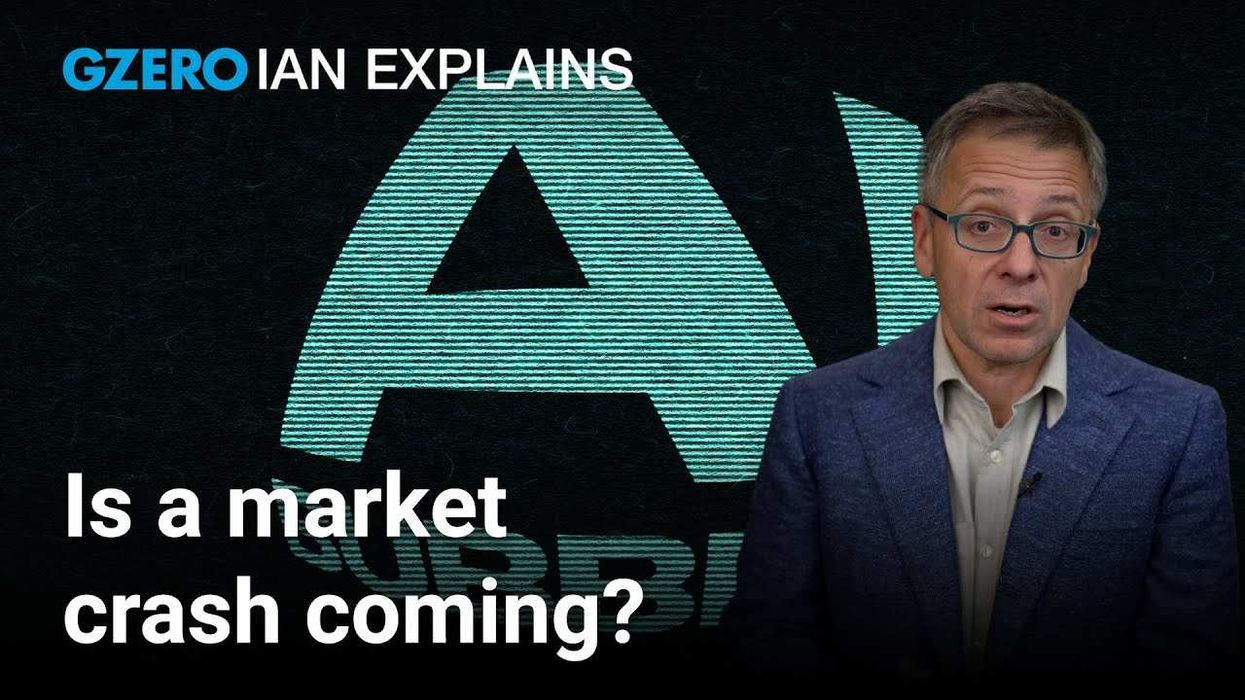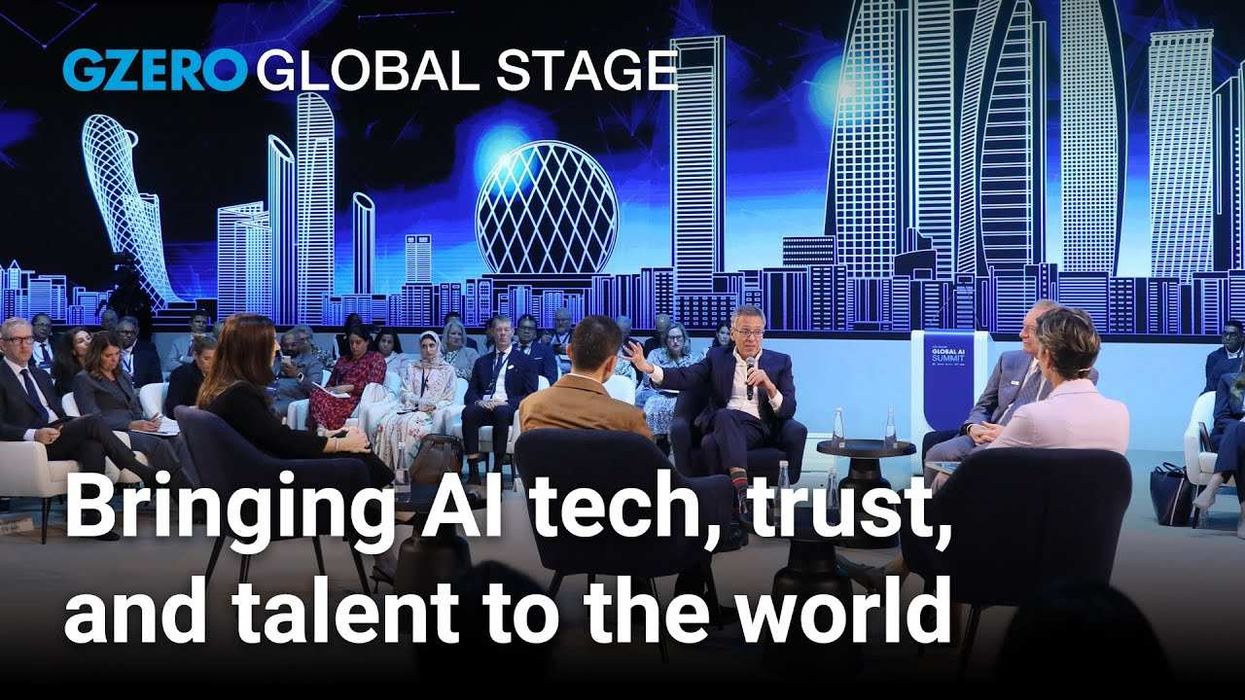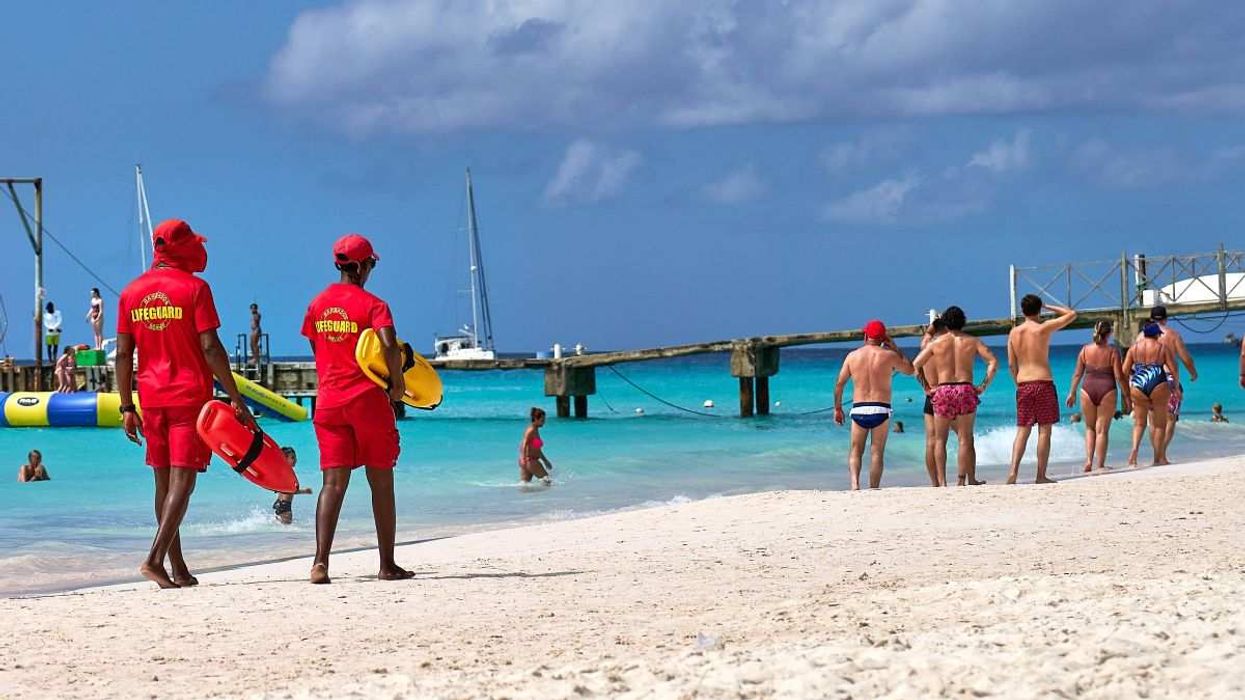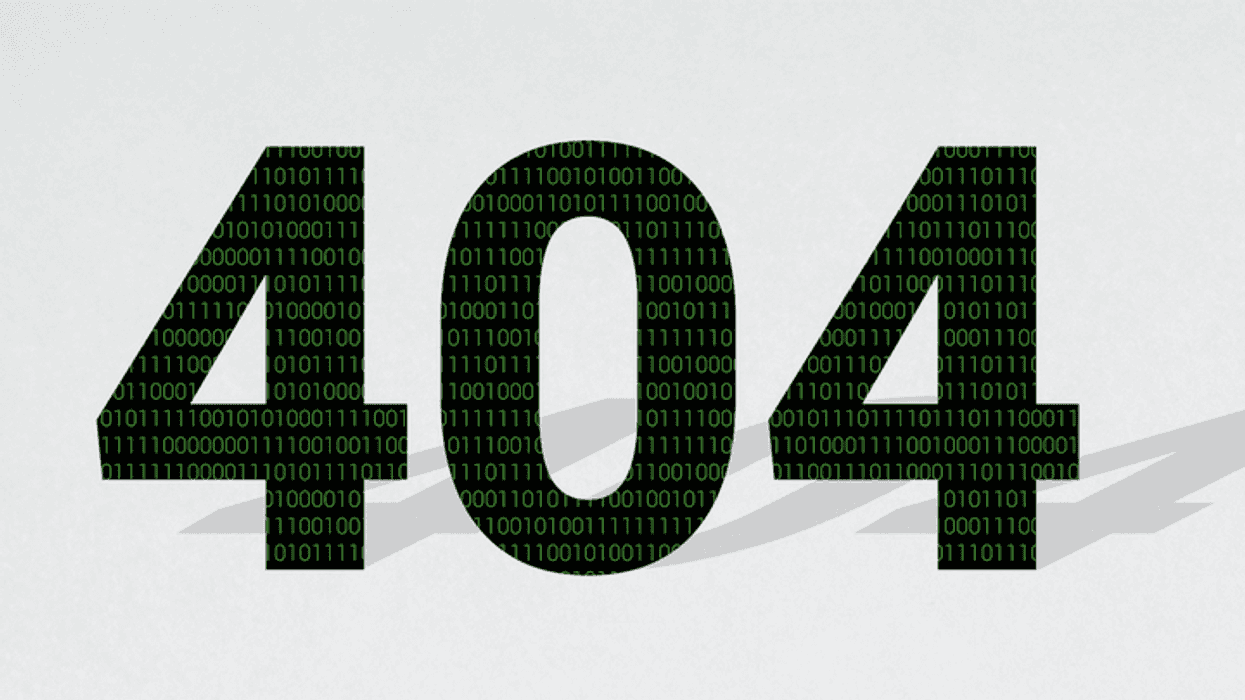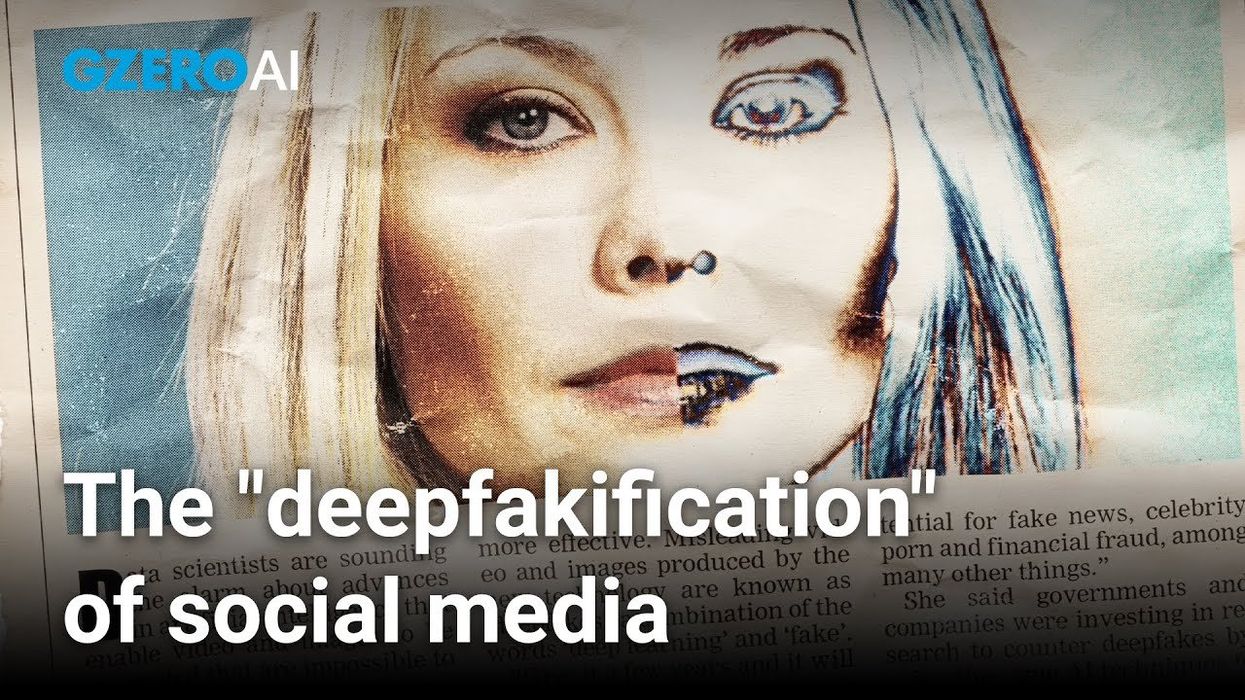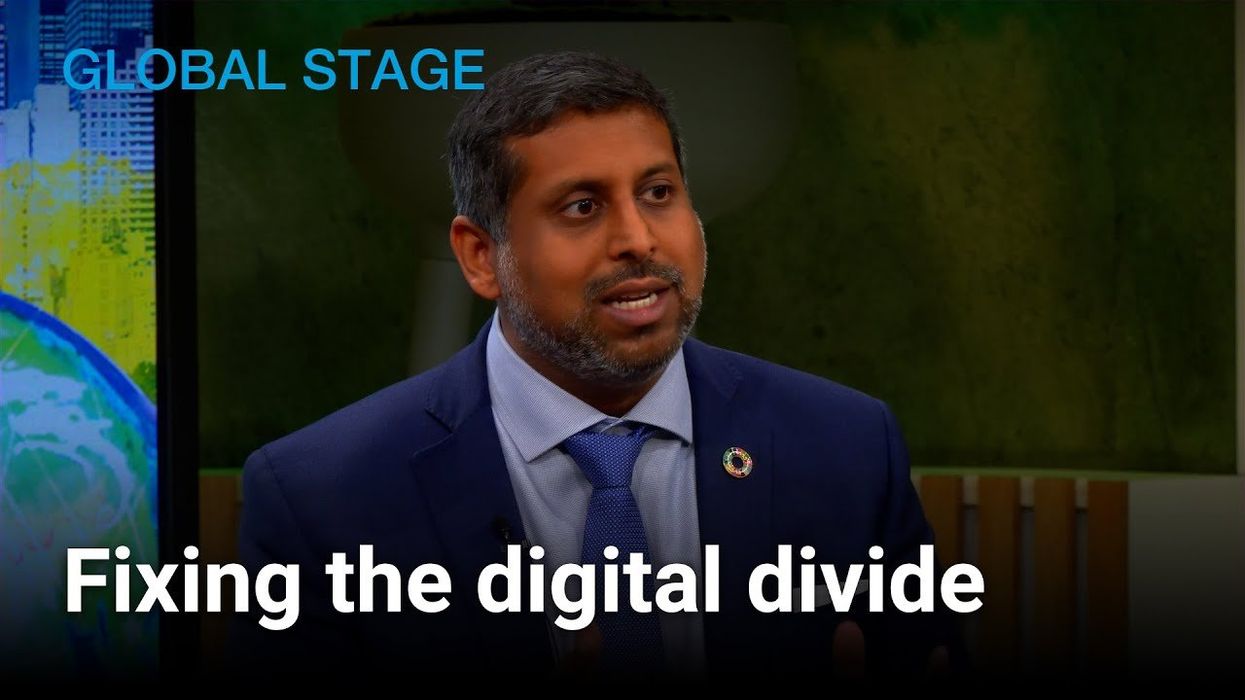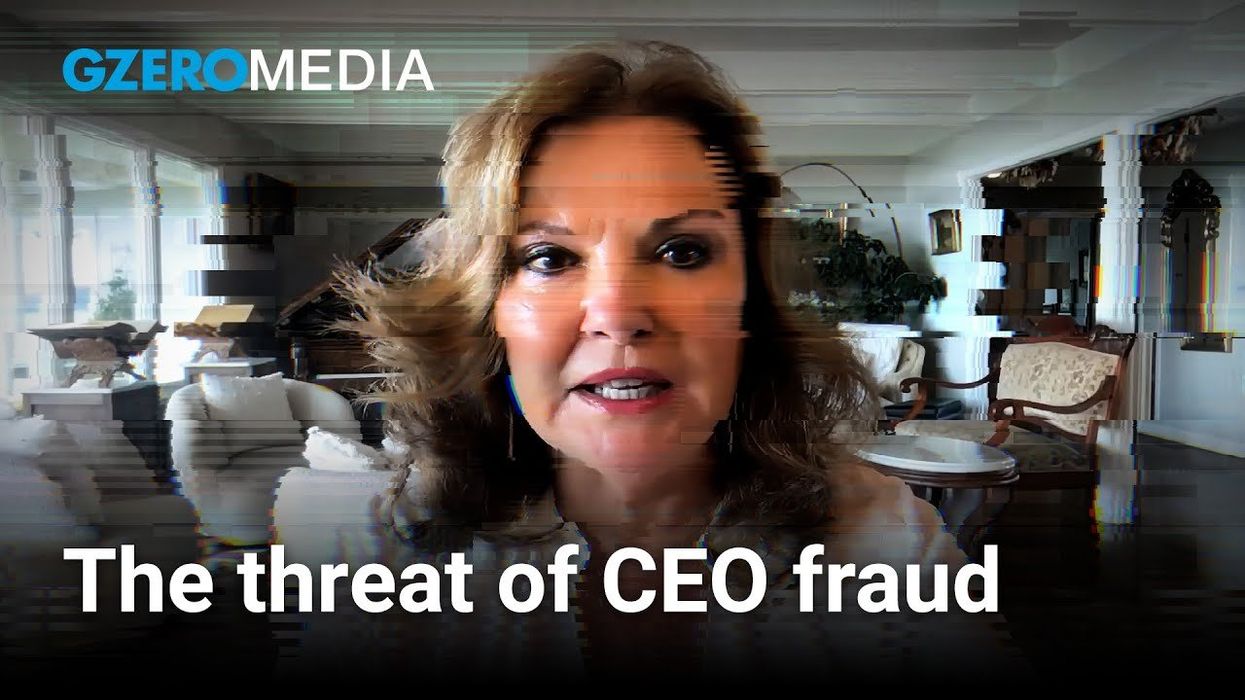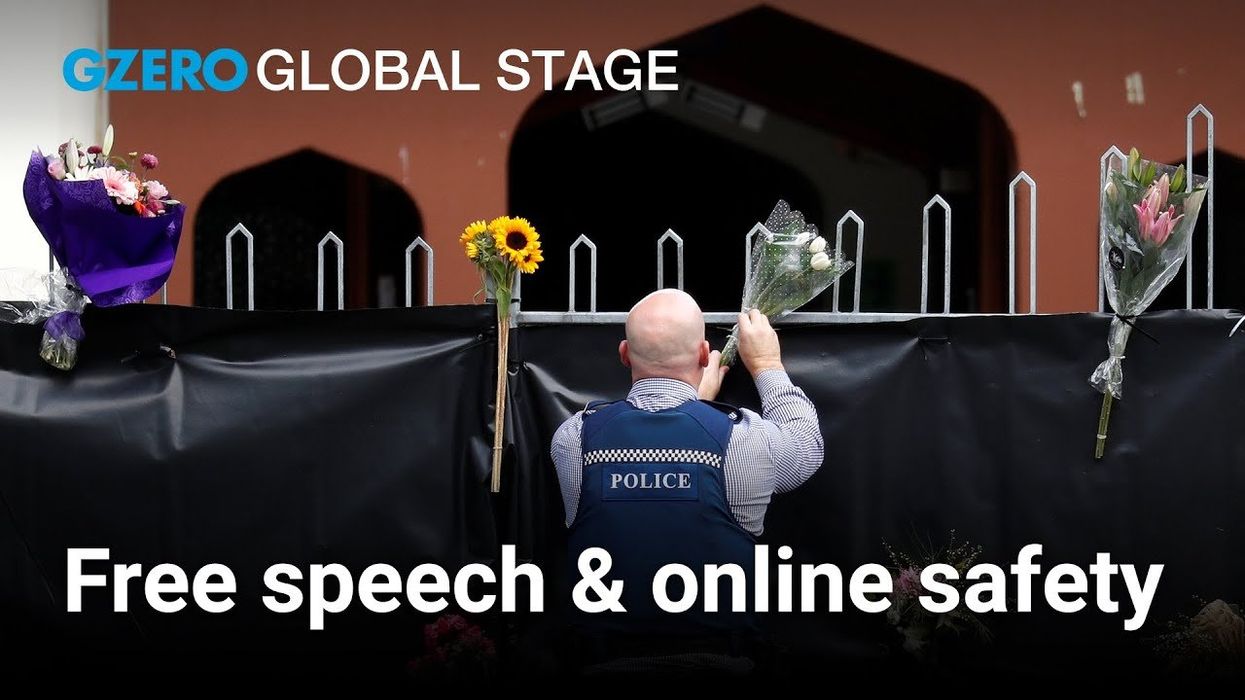Munich Security Conference
Can we rebuild the Internet for democracy?
At the 2026 Munich Security Conference, entrepreneur and Project Liberty founder Frank McCourt makes the case that the internet, and the AI systems rapidly reshaping it, must be redesigned to serve people, not platforms.
Feb 17, 2026



